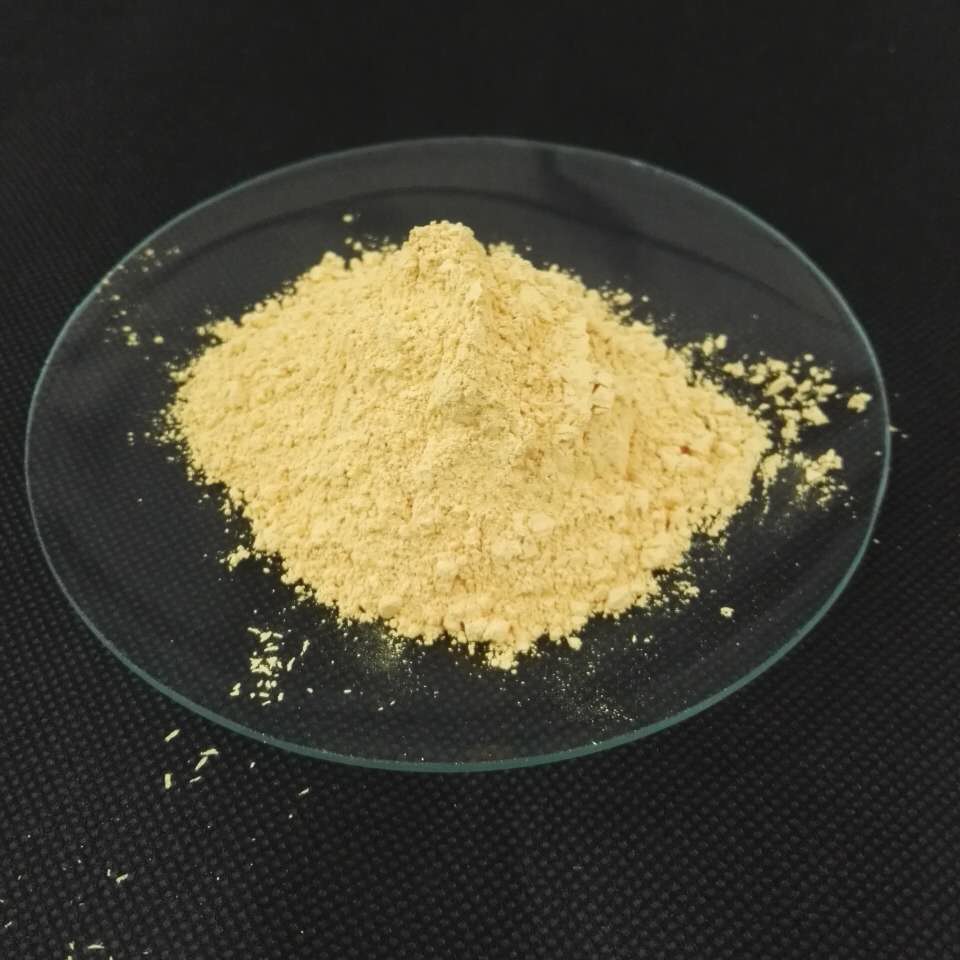



pool treatment systems
Pool Treatment Systems Ensuring Clean and Safe Swimming Water
Maintaining a swimming pool isn't just about aesthetics; it's crucial for health and safety. A well-designed pool treatment system plays a vital role in keeping pool water clean, clear, and safe for swimmers. This article will explore the essential components of pool treatment systems and their importance in ensuring a healthy swimming environment.
At the core of any effective pool treatment system is water circulation. This is achieved through pumps that constantly move water through filters and treatment systems. Regular circulation is key to preventing stagnation, which can lead to the growth of harmful bacteria and algae. By running the filtration system consistently, pool owners can ensure that contaminants are removed from the water efficiently.
Filtration is the next critical element. Various types of filters exist, including sand, cartridge, and diatomaceous earth (DE) filters. Each type has its benefits. Sand filters are cost-effective and easy to maintain, while cartridge filters offer superior filtration and require less water for backwashing. DE filters provide the finest filtration but can be more complex to manage. Choosing the right filter depends on the pool’s size, usage, and the owner’s maintenance preferences.
pool treatment systems

Chemistry is another vital aspect of pool treatment systems. Balancing the pool water's pH, chlorine levels, and alkalinity is essential for ensuring a safe swimming experience. The ideal pH level should fall between 7.2 and 7.8. Improper pH can lead to skin irritation, eye discomfort, and even equipment corrosion. Chlorine is crucial for disinfecting the water, killing bacteria, and preventing algae growth. It’s important to maintain chlorine levels between 1 to 3 parts per million (ppm) for optimal hygiene. Regular testing of water chemistry, using test kits or strips, helps to maintain balanced water conditions.
In recent years, alternative treatment systems have gained popularity. Saltwater systems are one such innovation, producing chlorine through a process known as electrolysis. This method offers a gentler swimming experience, reducing the harshness often associated with traditional chlorine pools. Additionally, UV sanitizers use ultraviolet light to neutralize bacteria and viruses, providing another layer of protection without the need for additional chemicals.
Moreover, regular maintenance ensures the longevity of treatment systems. This includes routine cleaning of filters, monitoring water levels, inspecting pumps, and addressing any debris in the pool. Owners should also be aware of environmental factors like rainfall and seasonal changes, as these can affect water chemistry and clarity.
In conclusion, a well-maintained pool treatment system is essential for ensuring clean and safe swimming water. By investing in effective circulation, filtration, and proper chemical balance, pool owners can create a healthy environment for family and friends. Embracing alternative sanitizing methods can further enhance the quality of pool water while reducing the workload. Ultimately, diligence in maintenance and awareness of water safety measures will lead to enjoyable and worry-free swimming experiences.
-
Why Sodium Persulfate Is Everywhere NowNewsJul.07,2025
-
Why Polyacrylamide Is in High DemandNewsJul.07,2025
-
Understanding Paint Chemicals and Their ApplicationsNewsJul.07,2025
-
Smart Use Of Mining ChemicalsNewsJul.07,2025
-
Practical Uses of Potassium MonopersulfateNewsJul.07,2025
-
Agrochemicals In Real FarmingNewsJul.07,2025
-
Sodium Chlorite Hot UsesNewsJul.01,2025










